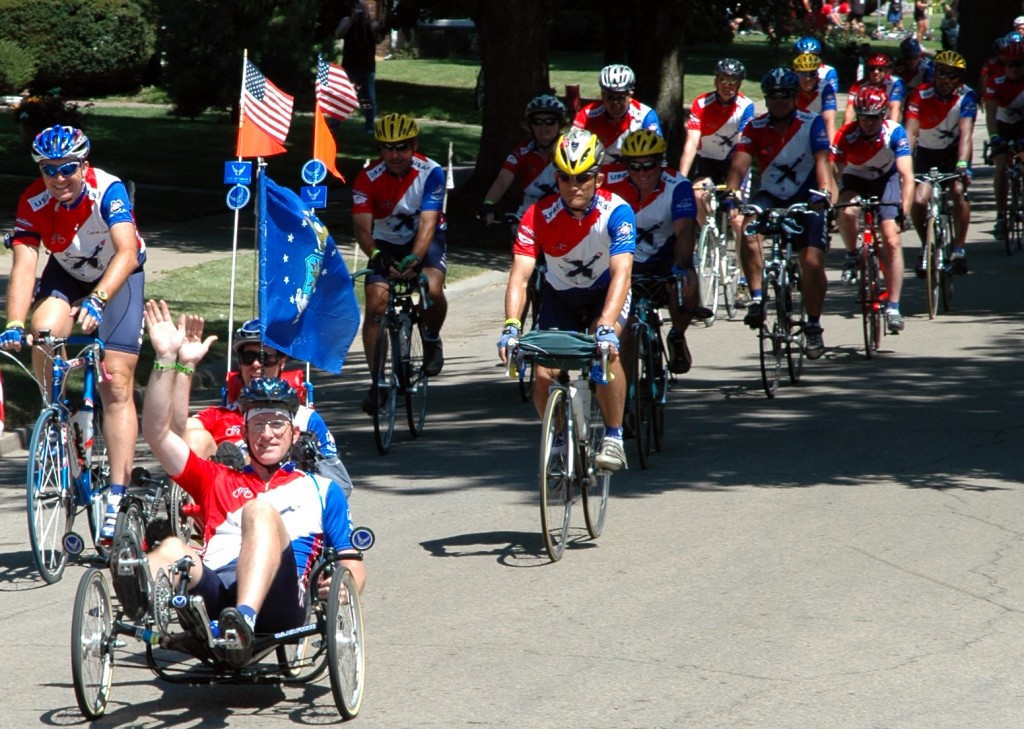Every once in a while, some of us need a pick-me-up to make it through a long day. It can come in the form of coffees, teas and even chocolate bars. The common element behind these products is the chemical, caffeine. Often labelled as the bad guy in health industries, caffeine has been through a great deal of scrutiny in the scientific community. In the past, many
caffeine-related myths arose. For example, it was once thought that regular consumption of caffeinated products lead to weak bones and increased risk for heart disease. However, many of these false facts have since then been debunked. In addition to the amnesty granted to caffeine, many health benefits from its use have been discovered which include improvements in both physical and mental aspects of performance and health and even treatments in Alzheimer’s disease.
Caffeine has many applications in the sports and health industries. Many studies have been done which note an improvement in performance in certain sports. Researchers found that caffeine intake boosted the quality of work done in sports requiring power like weightlifting, sports requiring periodic bursts of effort like rugby and tennis, and in sports requiring endurance like running and cycling. These effects were observed from just small doses of caffeine typical of the general public. In addition to the benefits achieved in a sports-setting, caffeine also has use in body composition control. An increase in metabolic rate and fat loss was observed in subjects three hours after caffeine intake. Researchers noted an increase in the total amount of available energy in the form of circulating free fatty acids from predisposed fat stores in the body. This specific property can be used in treating obesity and aiding those individuals looking to lose fat with regular exercise. While caffeine has been found to be extremely useful in achieving physical well-being, it can also play a role in mental health and function maintenance.
Many energy drinks containing caffeine often state that their product helps temporarily restore mental alertness and wakefulness. This claim has some truth to it as most studies involving caffeine have recently found. Countless studies have found that fatigued individuals performed better on cognitive tasks with the ingestion of caffeine. Although it is widely known for its effects on alertness and attention, it can also aid in learning. In a study done in France, a researcher observed an increase in a specific type of learning when administering human participants with caffeine. Passive learning increased in individuals when they given information to remember operating on the premise that no test would be given afterwards. Furthermore, caffeine has applications in the prevention and treatment of Alzheimer’s disease. In one study, it was discovered that taking
500 mg of caffeine or an equivalent three cups of coffee provided protection against this ailment. In most patients with this disease, aggregations of a compounds called beta amyloids were found in their brains. Caffeine’s primary pharmacological action in the treatment of Alzheimer’s disease is the inhibition of certain enzymes needed for the formation of these beta amyloids which resulted in the reduction in the cognitive decline observed in patients.
A discussion of the therapeutic use of caffeine. (attributed to YouTube user: healthycoffeeupdate)

Caffeine, when used in moderation, is an extremely useful substance. From increasing physical performance to maintaining mental health, caffeine provides many benefits. So next time a barista at your favorite coffee-house asks you if you want either a regular cup of joe or decaf, I’d personally recommend the former!
-Earvin Remandaban




